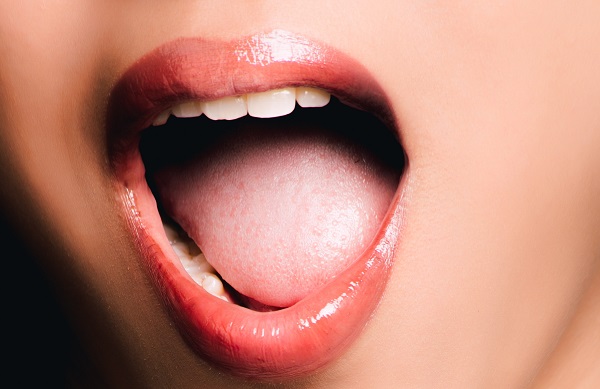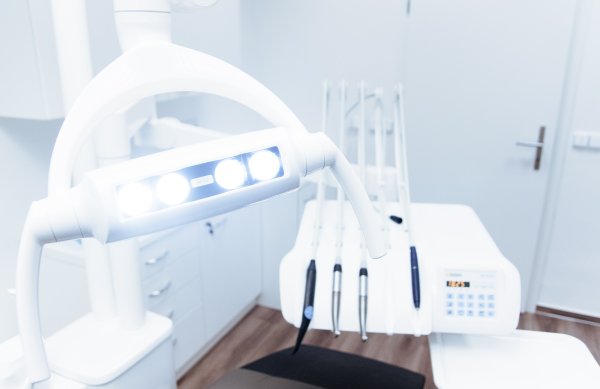Most of us could quickly rattle off the symptoms of a cold or a flu if we needed to. The aches, chills, runny nose, and other signs of common illness are so familiar that we hardly need to think about it!
But did you know there are also common symptoms of teeth grinding? If you’re worried about maintaining good oral health and keeping your teeth in pristine shape, do you know what signs to look for? If you’re at risk for regular teeth grinding (also known as bruxism), you should be looking for these teeth grinding symptoms.
Here are five clues to look for if you think you or a loved one might be a teeth grinder.

1. Flattened teeth
One of the most noticeable signs of regular teeth grinding is flattened teeth. Over time, the pressure of clenching and grinding will cause visible wear on teeth and eventually lead to flattening across your teeth.

2. Chips, cracks, and breaks
All that pressure can also lead to damage to the enamel — as well as chips, cracks, and breaks in your teeth. Over time, that damage can even cause you to lose teeth and it may mean painful or time-consuming (and expensive) repairs.

3. Headaches and muscle tension
If you have frequent headaches, especially soon after waking in the mornings, or chronic pain in your face, neck, or shoulders, that could be one of the symptoms of teeth grinding. That tension can also lead to problems with your jaw, even temporomandibular joint disorder (TMJ or TMD) — a side effect that can be both painful and costly to address.

4. Restless sleep
Whether or not you’re waking up during the night, grinding your teeth and clenching your jaw during sleep can cost you the restful sleep you need. That restless energy can also compromise the sleep of your partner or other housemates.

5. Stress and anxiety
One of the most common triggers for bruxism is anxiety — and it’s no surprise that regular teeth grinding can generate even more stress. If you frequently find yourself with a clenched jaw, remember to take a deep breath and try to relax those muscles.
These teeth grinding symptoms may point to bruxism, but that doesn’t mean that you or your loved one is stuck with it. And one of the quickest ways to combat these symptoms and stop grinding your teeth is to get a mouth guard or dental guard.
Dental guards prevent nighttime teeth grinding, help keep your jaw relaxed, and protect your oral health from the effects of bruxism. Look for SleepRight’s comfortable and durable dental guards at your local Walgreens, Walmart, or CVS!



